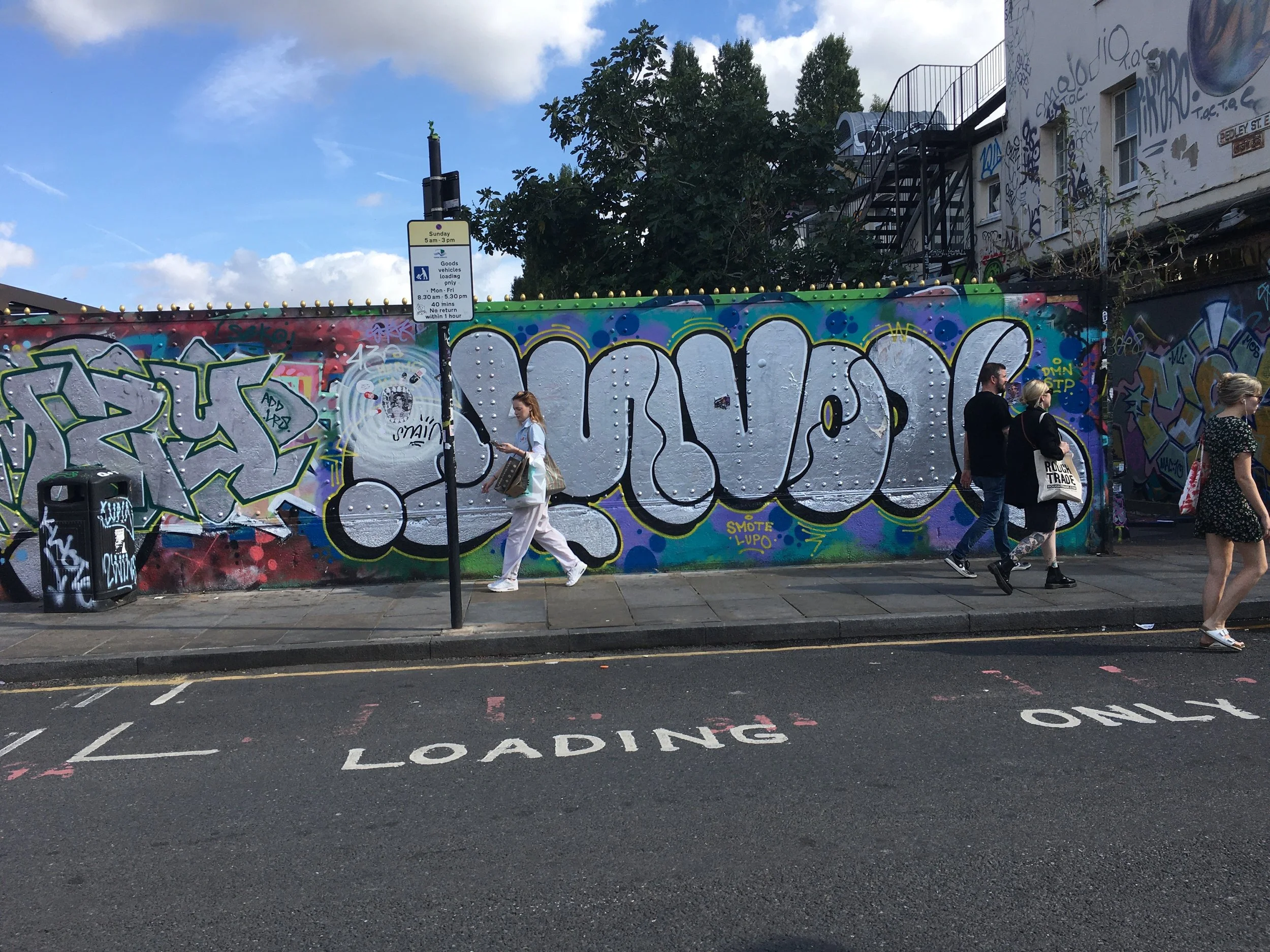
HOME
Ethical Cities: Navigating the Anthropocene
Most of us would rather not think about societal collapse but it is critically important that we do so. Here are three very different perspectives from leading thinkers on the topic.
The form of punishment that climate protestors should receive is a divisive topic. What are the protesters trying to achieve and how effective are their methods?
Ethical urban projects are emerging in cities in response to the failure of neoliberalism. Can these projects shape our urban futures?
Reflections on doughnut economics and its relevance at the sub-national level in cities and regions.
Japanese respondents to a recent survey by Earth4all provided interesting insights on their attitudes towards political and economic transformations. Photo by B Lucav.
We need greater experimentation and a more ethical approach to development so as to improve housing affordability and provide access to housing for all.
Communities in different locations are experimenting with various approaches to stimulate the development of a more ethical local economy.
Encouraging the local business community to adopt more ethical practices in the workplace, to promote local sustainability, and to make the city a better place to live in.
The story of the Bristol Pound is fascinating and illustrates the challenges encountered when trying to innovate with a social purpose to bring about positive change.
Should be we optimistic or pessimistic about the future of our climate? Will impacts of climate change increase in intensity in the near future, or can we rapidly decarbonize?
How would you feel if your every moment was monitored? How do we ensure that our data is protected and not used for private profit? These are just some of the questions that need to be addressed when developing smart cities.
How would we know an ethical city when we see it? There is no simple answer. However, it is important to check if the city exhibits an orientation based on ethical principles and engaging in ethical processes.
I have lived in some of the best cities in the world. One of the most interesting aspects of my urban experience has been how each city gradually changes over time, more rapidly in some places compared to others.
What if you did a bad thing and you got a good result? Did you do a bad thing? An age old question that ethicists struggle to answer.
Can you recall the last time you read or were told that we need to wake up to the climate crisis? What is stopping people from waking up?
A small town in Japan has been playing host to an on-going conversation on ethical futures for rural communities.
As post-COVID cities build back better, tackling the corruption that impedes progress on urban issues will require a sustained ethos of care, community spirit, and selflessness that emerged during the pandemic.
The post-pandemic recovery represents a unique opportunity for our cities to emerge more ethical, equitable, inclusive, sustainable and resilient.
Recent public opinion surveys spotlight overwhelming support for climate action and indicate the shared values of urban communities that could shape equitable, ethical development.
Cities are searching for ethical futures through a range of citizen-led initiatives. Photo of the work of Louise Soloway Chan.
The ethical city contrasts with both the livable city and the neoliberal city.
“an ethic of care has really surfaced as a rallying point for action in the Anthropocene.” Professor Wendy Steele.
Ethical Cities online course to commence from 29 March 2021.
Our new book on Ethical Cities is now available for pre-order from Routledge.
Typhoon Faxai left many people without power and other services for several days when it hit the greater Tokyo region in September.
Totnes shows how a small, rural town can build community resilience at a time when local budgets are under strain.
The city where the Kyoto Protocol was signed resolved some years ago to move away from cars and towards low-emission alternatives for getting around. And it's making real progress towards that goal.
Remnants of the tram system can be found across Kyoto. Japan’s oldest tram is in the gardens of Heian Shrine in central Kyoto.
Across Japan, towns and villages are vanishing as the population ages and young people move to the cities. How the country manages this holds lessons for other developed nations facing a similar fate.





























I want to be optimistic about the future and to see human civilization continue to flourish.